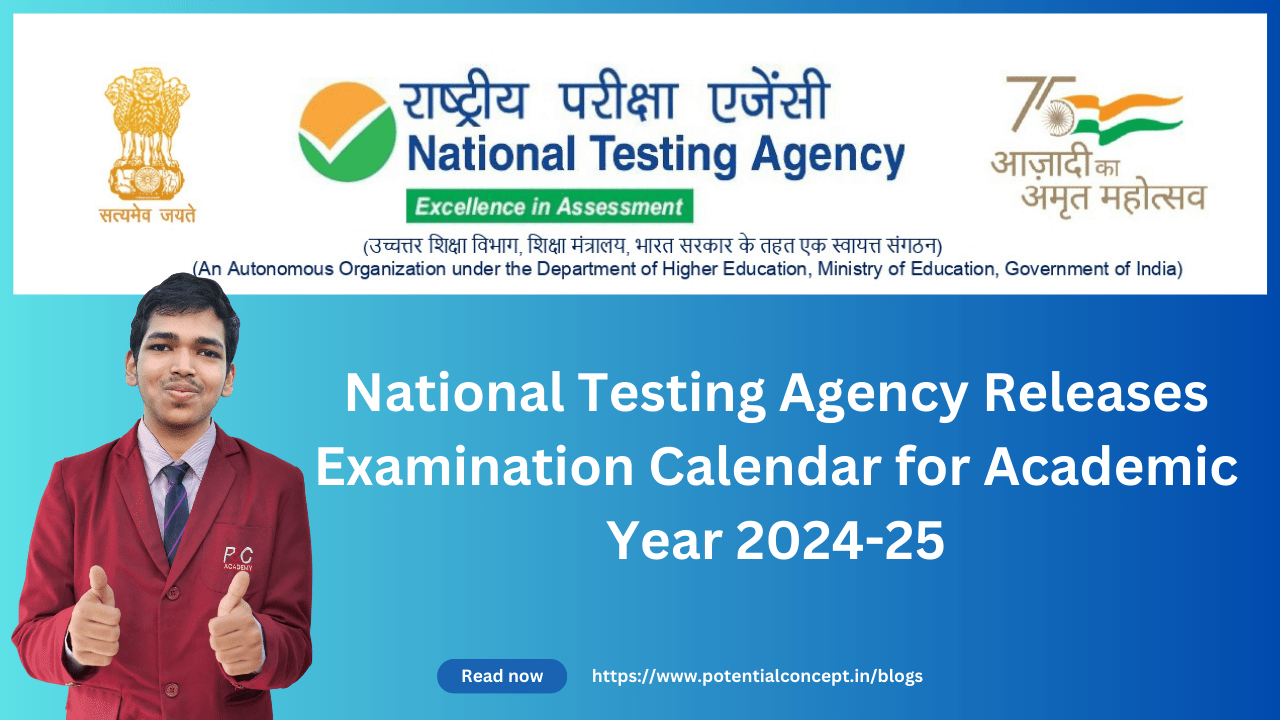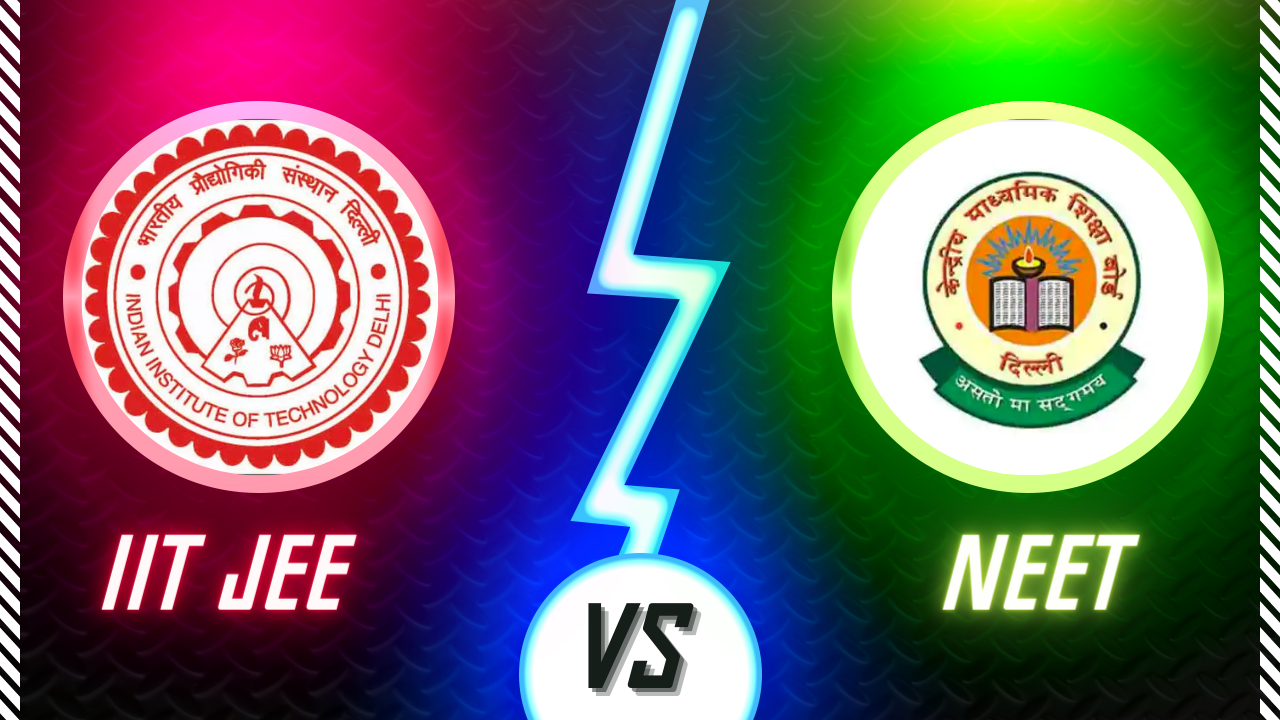What is the Role of Self-Study in NEET/IIT-JEE Exam Preparation
For aspirant medical and engineering students in India, the National Eligibility cum Entrance Test (NEET) and the Indian Institutes of Technology Joint Entrance Examination (IIT-JEE) are two of the most crucial exams. Both tests need substantial preparation, and passing these exams successfully depends heavily on independent study. We'll talk about the value of independent/self-study in preparation for the NEET and IIT-JEE exams in this blog article.
Introduction
If you're a student preparing for NEET or IIT-JEE exams, you probably already know how competitive and demanding these exams can be. In order to do well in these exams, it's essential to have a strong foundation in the relevant subjects, and that requires a lot of hard work and dedication. While coaching classes and textbooks are definitely helpful, there is one thing that can make a significant difference in your preparation - self-study.
Self-study is the process of studying independently, without the guidance of a teacher or tutor. It involves setting your own study schedule, selecting the right study materials, and working through the material at your own pace. Here are some of the ways in which self-study can help you prepare for NEET and IIT-JEE exams:
Create your own study Schedule
Firstly, self-study allows students to create their own study schedule. Every student has a unique learning style and pace, and self-study allows students to create a personalized study plan that suits their needs. Students can identify their strengths and weaknesses and allocate time accordingly to each subject. With self-study, students have the flexibility to study at their own pace and review the topics they find challenging. This method of studying helps to improve concentration, focus and retention of knowledge.
One of the biggest advantages of self-study is that it allows you to focus on your weaknesses. In a coaching class, the teacher has to cater to the needs of the entire class, which means that some topics may be rushed through, or not covered at all. However, when you're studying on your own, you can spend more time on the topics you find difficult, and work through them at your own pace.
Ownership of Learning
Secondly, self-study allows students to take ownership of their learning. In a classroom setting, students rely heavily on teachers for guidance and instruction. However, self-study encourages students to take responsibility for their learning. This promotes independent thinking, problem-solving skills and a deeper understanding of the subject matter. Additionally, self-study helps students to develop their research skills, as they must find and evaluate relevant study materials to support their learning.
When you study on your own, you have to actively engage with the material, which can help you retain information better. This is because you're not just passively listening to someone else explain the material, but are actively working through it yourself. Additionally, when you study on your own, you can use different techniques such as creating mind maps or summarizing the material in your own words, which can help you remember the material better.
Builds self Discipline
Thirdly, self-study helps students to build self-discipline and time management skills. The NEET and IIT-JEE exams are highly competitive and require students to dedicate a significant amount of time to studying. Self-study allows students to develop self-discipline by sticking to their study schedule and avoiding distractions. Time management skills are also crucial, as students must balance their study time with other activities such as school, work, and extracurricular activities. Self-study helps students to prioritize their time effectively and ensure that they are able to cover all the necessary topics before the exam.
Self-study requires a lot of self-discipline and time management skills. When you're studying on your own, you have to create your own study schedule, stick to it, and ensure that you're covering all the necessary topics. This can be challenging, but it can also help you develop valuable skills that will be useful throughout your academic and professional life.
Promotes Active Learning
Fourthly, self-study promotes active learning. Active learning involves engaging with the subject matter through problem-solving, critical thinking and asking questions. In a classroom setting, students are often passive learners, listening to lectures and taking notes. However, self-study encourages students to actively engage with the material, which helps to deepen their understanding of the subject. This type of learning also helps students to identify gaps in their knowledge and address them before the exam.
When you're studying on your own, you have the freedom to customize your study material. You can choose the textbooks, online resources, and study guides that work best for you, and skip over the ones that don't. This can help you tailor your preparation to your individual needs and preferences, and ensure that you're getting the most out of your study time.
Track Progress
Finally, self-study allows students to track their progress and make necessary adjustments. Students can assess their understanding of the material through self-testing, quizzes, and mock exams. This helps them to identify areas where they need to focus more attention and adjust their study plan accordingly. Self-testing also helps to reduce exam anxiety by providing students with a sense of preparedness.
self-study can help build confidence and self-reliance. When you're studying on your own, you're taking responsibility for your own learning, and that can be a very empowering feeling. Additionally, when you work through difficult topics on your own and succeed, it can give you a sense of accomplishment and confidence that will be invaluable during the exam.
Conclusion
In conclusion, self-study plays a crucial role in NEET/IIT-JEE exam preparation and is an essential component of NEET and IIT-JEE exam preparation. It allows students to create a personalized study plan, take ownership of their learning, develop self-discipline and time management skills, promote active learning and track their progress. However, it is important to note that self-study should not replace classroom instruction entirely. A combination of both classroom instruction and self-study can lead to optimal learning outcomes. Therefore, students should aim to strike a balance between the two and seek guidance from teachers and mentors when necessary.





















.png)





